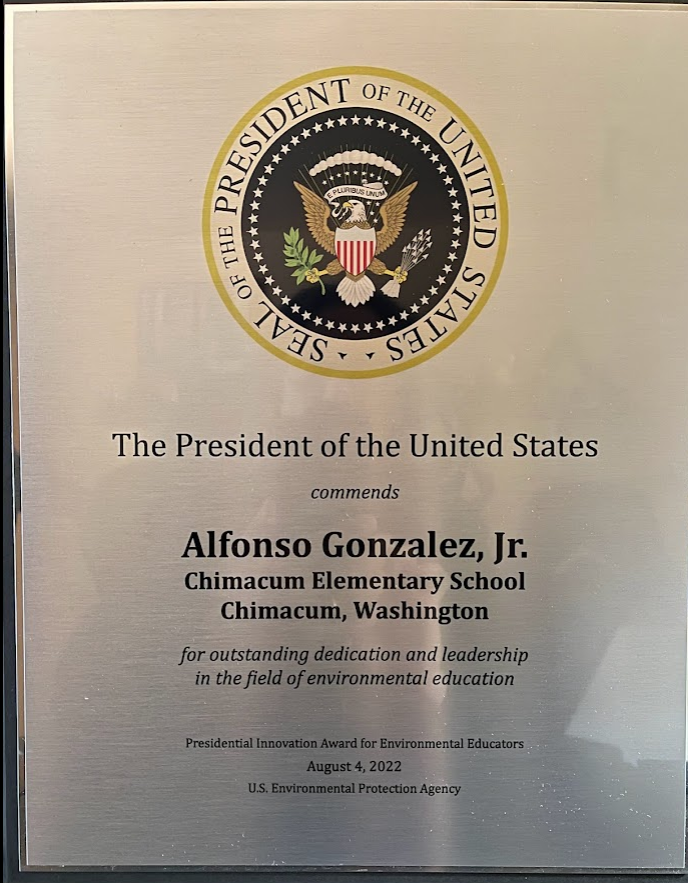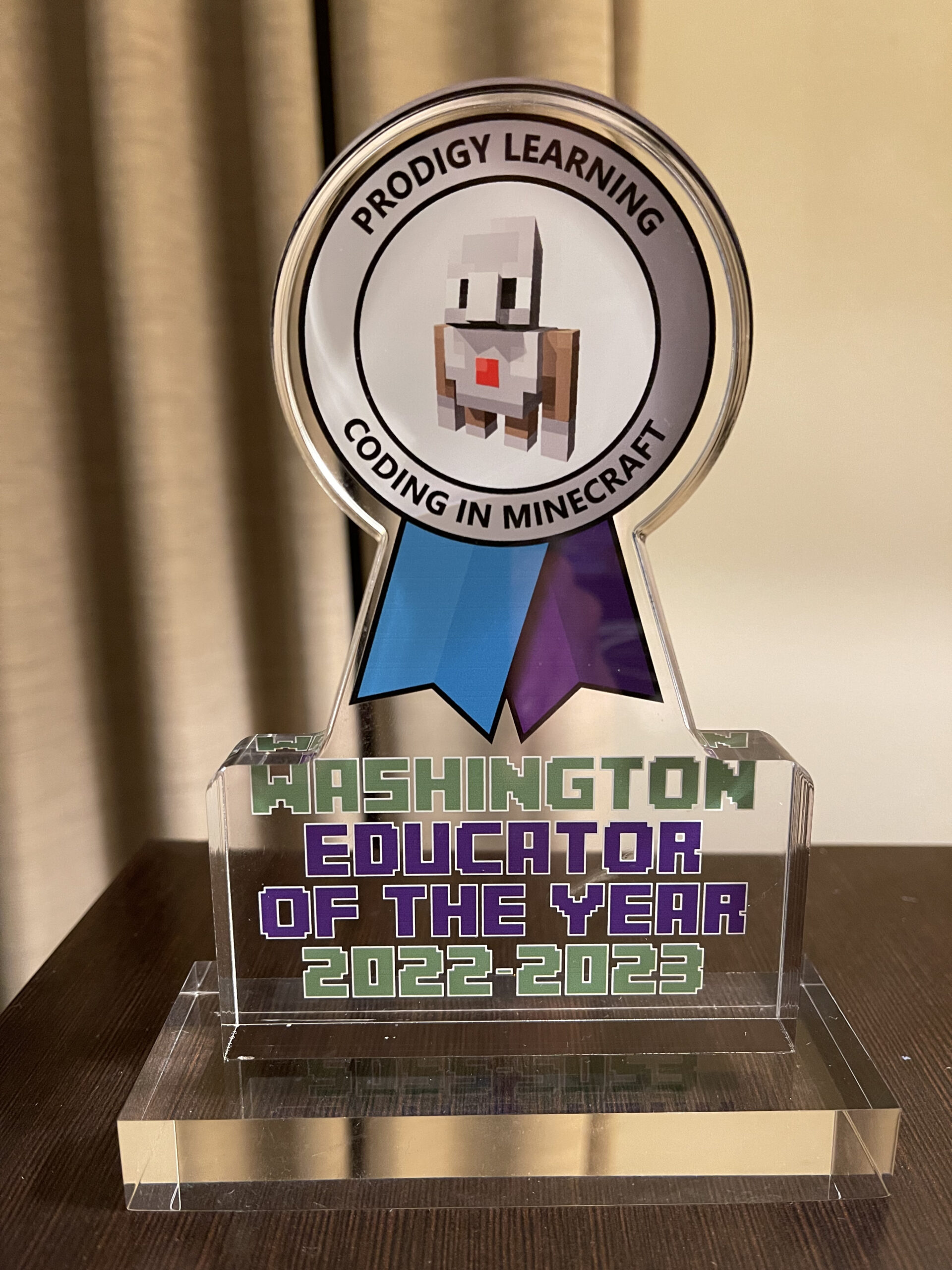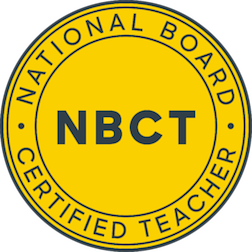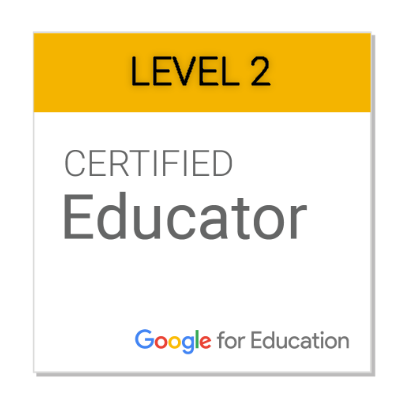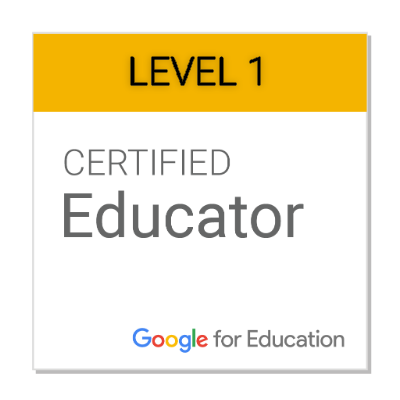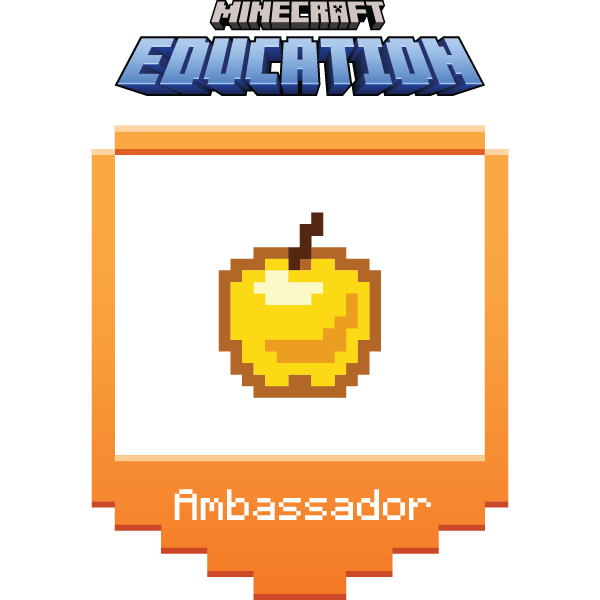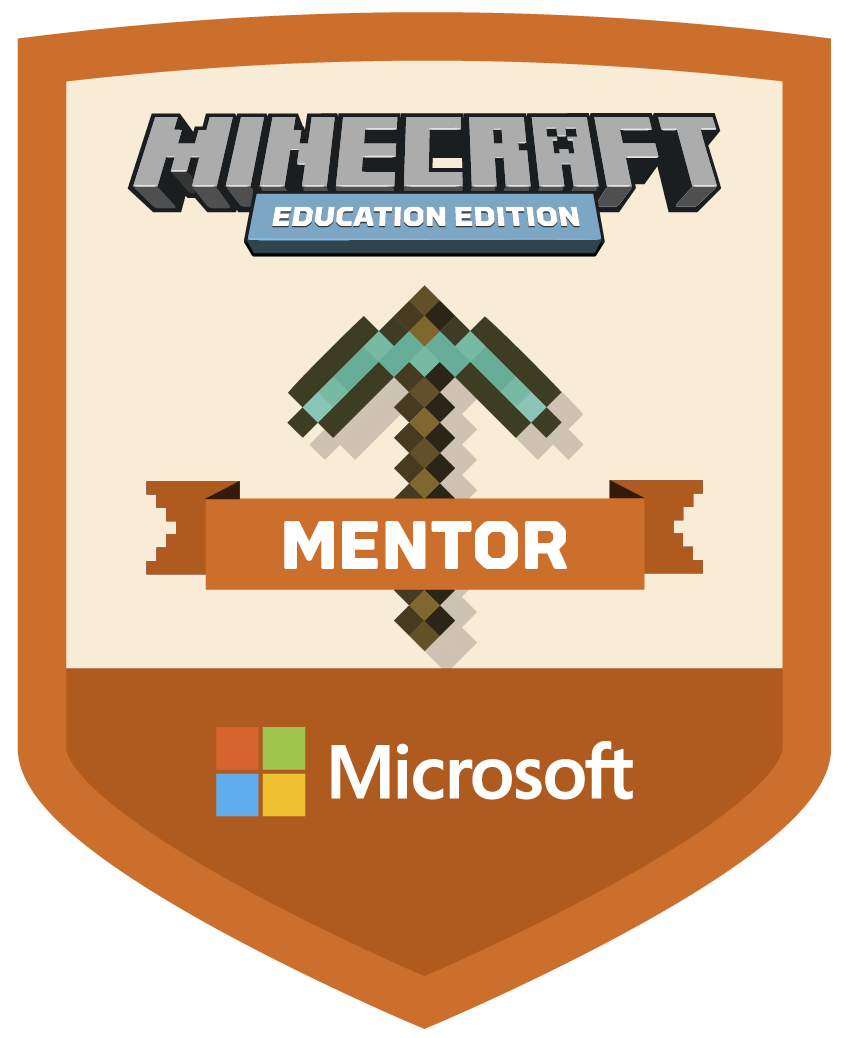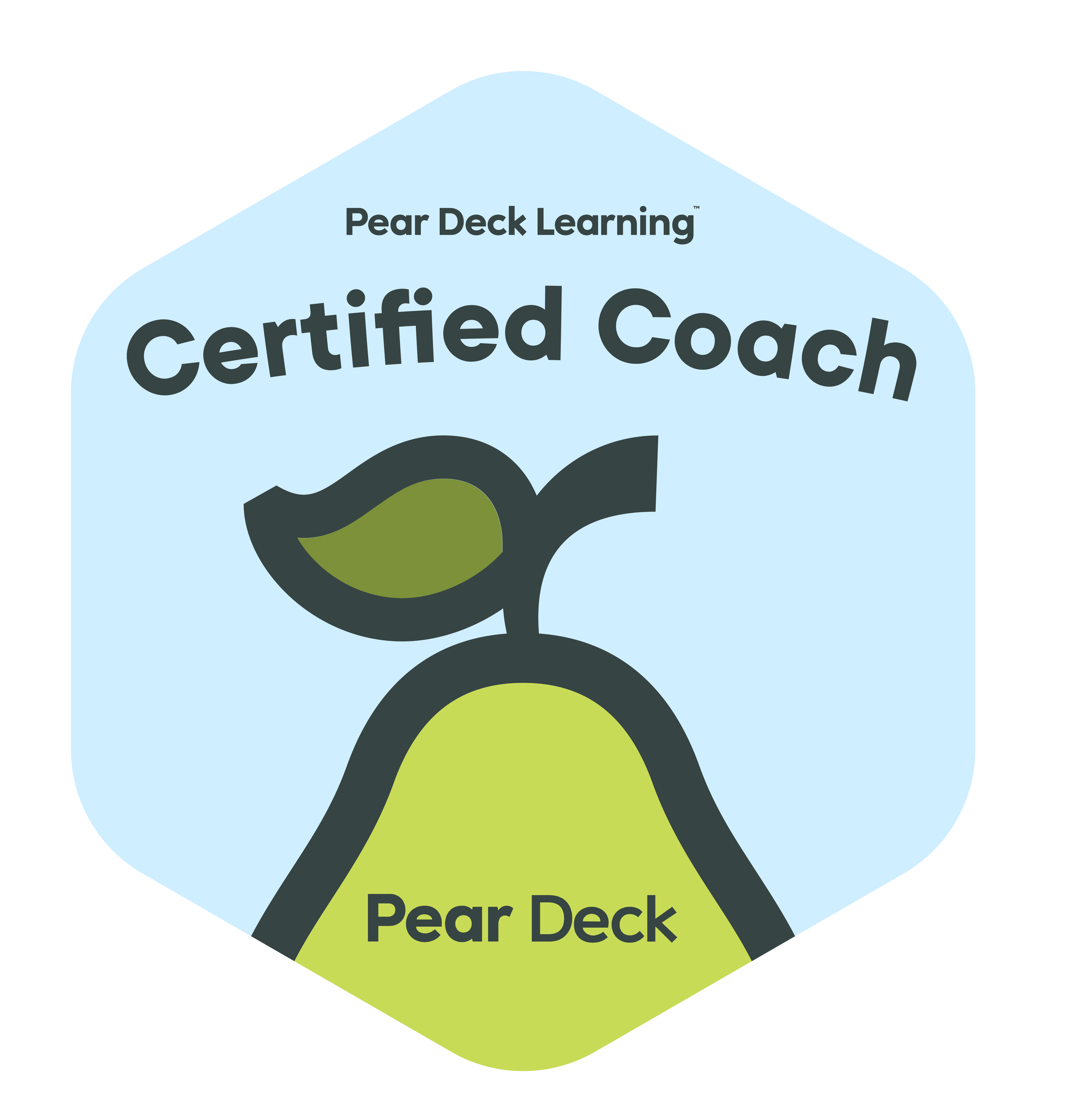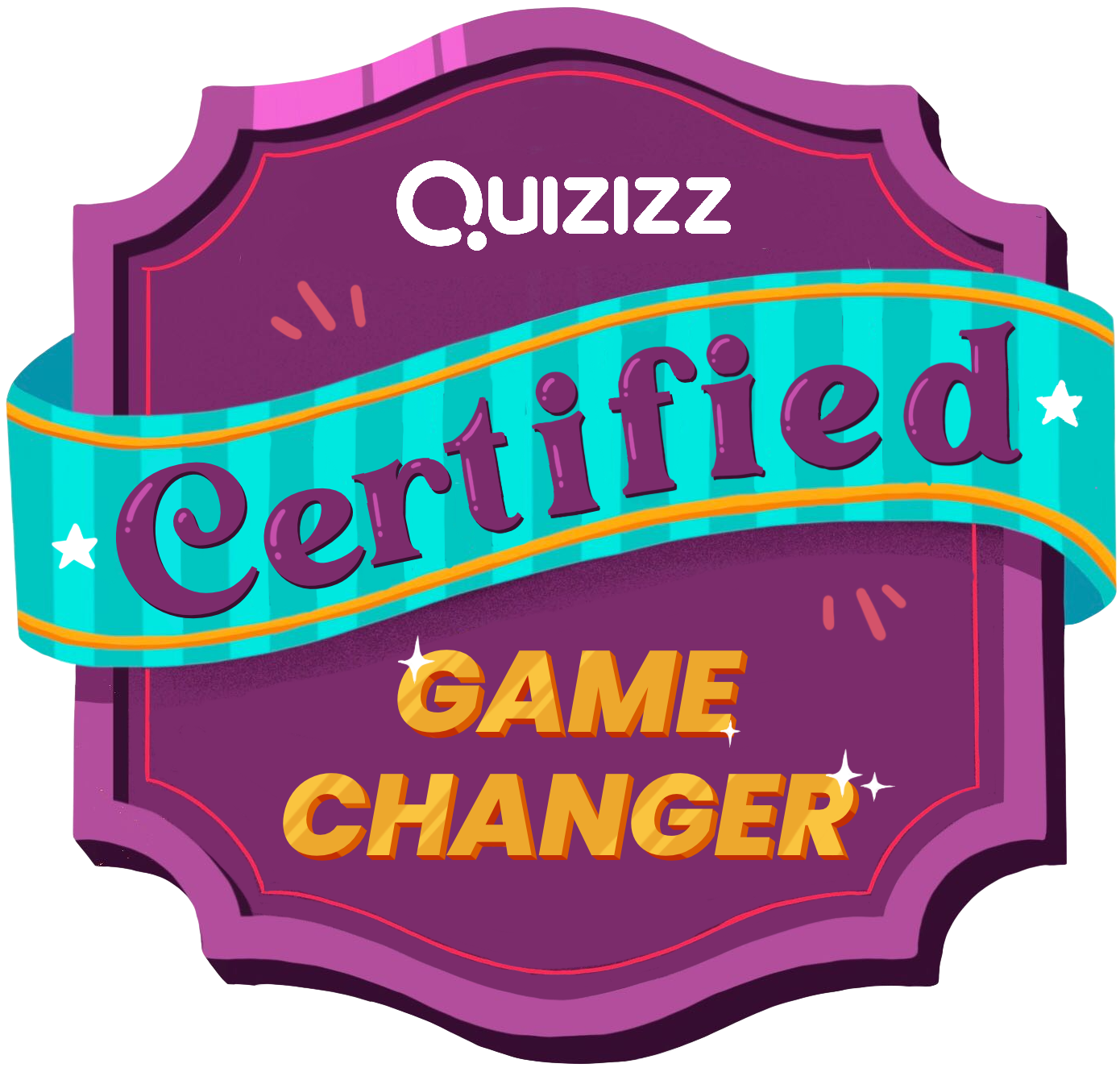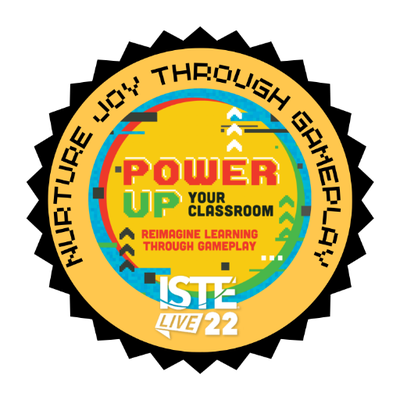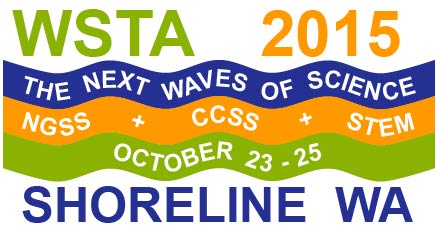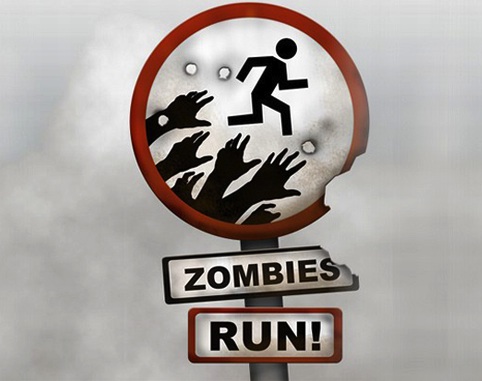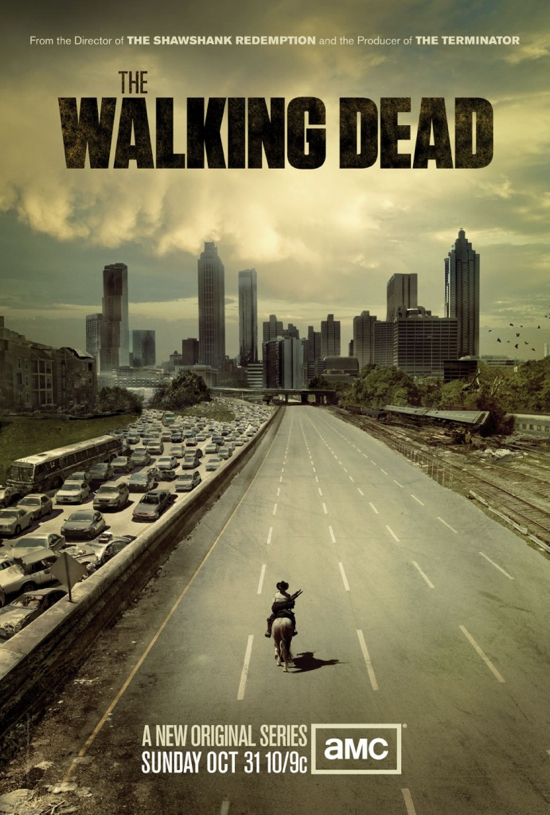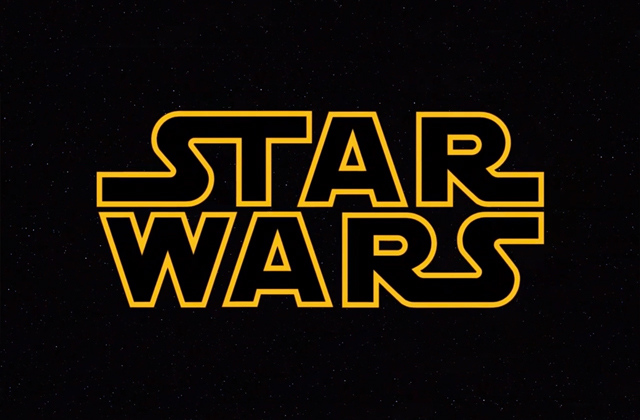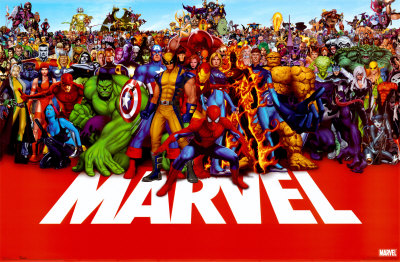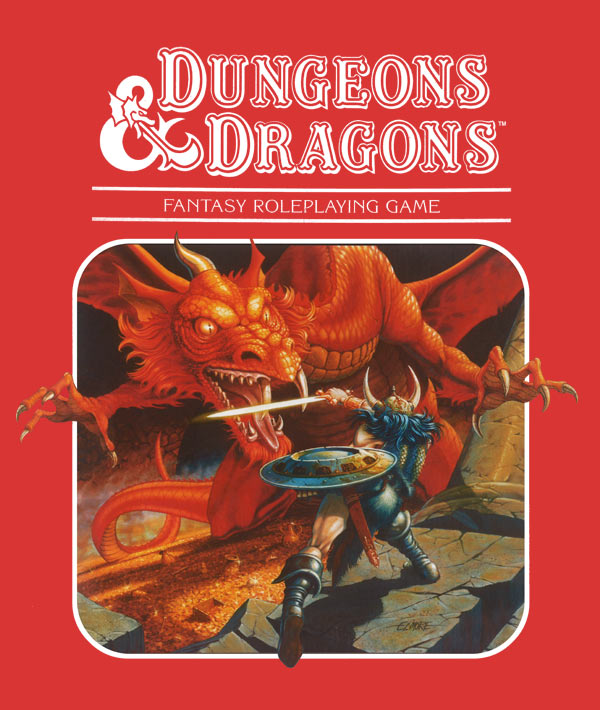 One thing that’s really cool about Twitter is that you’re allowed to be nosey. People know that anyone who follows them can read what they’re tweeting. Now that may be obvious to everyone but I tend to by shy even online. I know, it’s weird to me too. It’s way easier for me to lurk than to jump in on conversations. Last night I read a part of a conversation and I jumped in. That’s what you’re supposed to do on Twitter but I still feel like I’m butting in. Oh well, maybe I’ll get over that someday or someone will tell me to butt out and I’ll go deeper into my shyness. 🙂
One thing that’s really cool about Twitter is that you’re allowed to be nosey. People know that anyone who follows them can read what they’re tweeting. Now that may be obvious to everyone but I tend to by shy even online. I know, it’s weird to me too. It’s way easier for me to lurk than to jump in on conversations. Last night I read a part of a conversation and I jumped in. That’s what you’re supposed to do on Twitter but I still feel like I’m butting in. Oh well, maybe I’ll get over that someday or someone will tell me to butt out and I’ll go deeper into my shyness. 🙂
What drew me into this conversation was the comments on gamification and badges. Here’s the snippet of conversation that I saw and what I added to it.
Now I’m not going to say that I feel strongly one way or the other about gamification or badges but I am trying them out with my students. I don’t have enough data yet to convince me that gamification is good or bad for kids and the same goes of badges. I’m a gamer and I know how powerfully motivating gaming is to me so I thought I’d offer that in some small way to my students.
I’ve been reflecting on grades and going gradeless since reading For the Love of Learning by Joe Bower. After reading how he went gradeless I started following and learning from other educators who were trying alternate forms of feedback and reporting grade-like information. I had been trying different forms of traditional grading for long enough that I was able to take the leap and make a huge change. I went gradeless. Report cards for my students showed only a P for Pass. The real information on how they were doing in my class came from their work samples, their blog, and conversations I would have with them or with their parents.
I tried standards-based grading. Easy Grade Pro, a grading program I’d been using for years, came out with a new version that included standards-based grading so I tried it. Both going gradeless and using standards-based grading worked very well for many students. Worked okay for others, meaning that their behaviors didn’t really change much, and didn’t work for some. As one mom told me, her daughter had figured out the system and it was working for her so they didn’t want to change it. I really don’t know of any of my families that uses the standards-based grades. For them the work their kid is doing is more important then the standards, I guess. So I haven’t had much feedback on my standards-based report cards one way or the other but I’m wondering if that’s because no one is reading them?
As satisfying as it was for me and many of my students to go gradeless I still wasn’t reaching all of them so I wanted more. I began to read about gamification and wondered if removing all extrinsic motivation wasn’t the answer for all kids. I mean, yes, I want to help and/or encourage kids to be intrinsically motivated to learn but the reality is that I teach certain topics and I teach in a setting where all my students are learning those same topics that I have selected. If I truly wanted to have intrinsically motivated kids I’d let them learn what they want, what they are passionate about. Believe me, I’ve thought of that but as with many in our profession I have a Science standardized test that all my 8th graders have to take each May and if I don’t do my part to teach them Science I put my beloved career in danger.
The truth then becomes that not all of my 135 students love or even like Science. Not all of my students are intrinsically motivated to learn Science. So by removing grades and making failure okay I’ve given some of my students an easy out. Do no work but learn something, anything, and he’s promised us that we won’t fail. I’ve lived up to that. If you’re in my class participating and learning something, you’ll get a pass. If mom and dad look at your work though, they’ll see what you’ve done and how much, or little you’re actually doing/learning. I leave it up to each family to determine how much Science their child learns. If the parents know that their child is doing very little in my class and they don’t work out a way for their child to do more, I’m pretty powerless. Sure, I can do my best to encourage the child when he’s in my classroom. I can bring in technology, cool labs, and have them create cool products to show their learning but in the end it’s up to each child how much he or she will do (and for the record, most of my students are doing fine, great even, just not all of them).
Here’s how I wrap my brain around this. I know exercise is good for me. I got as heavy as 215lbs. That put me in the obese BMI. My blood pressure was high as well as my cholesterol. Heart attack was in my future. But did I exercise? No. And just like when we make the mistake of asking kids why they aren’t working I couldn’t tell you why I wasn’t exercising. I mean, not really. When my back goes out or when my knees go out, I have an excuse. But they’d heal. And I’d still sit on my butt. So I tried the Wii Biggest Loser. I dropped 15lbs and was working out! I pushed myself a bit too hard and my back went out again. My chiropractor worked with me and it took me a couple of months to heal. That was all the excuse I needed. I didn’t workout again for almost two years. But at least I kept my weight around 200lbs, give or take, and I didn’t balloon back up to 215. At my height 200lbs still put me in the overweight BMI, real close to obese.
Then I found the Zombies, Run app, which is like a game and I tried it. I was up and about again. Combining that with my UP band I can track calories burned and consumed each day and with that I dropped another 18lbs. I’m now at 181.7lbs and I can’t remember that last time I was that low. I found something that worked for me and it was an extrinsic motivation. Gaming. Something about the story, and having to run away from Zombies, makes me want to get up and get on my treadmill and makes me want to get out and walk. Soon, I plan to be jogging. I’m even signing up for a 5K run (yes, it’s a 5K with zombies). My goal is to be able to run the whole 5K by the time it comes to Seattle in August.
I’ve never been intrinsically motivated to exercise even though my life depends on it. My goal is to continue exercising and keep my weight down, even if I injure myself again, and I have the tools to do it. So why wouldn’t I offer similar tools to help those students who aren’t, and may never, be intrinsically motivated to learn Science? If gamifying my curriculum and offering badges gets more of my students learning and doing Science, then I’m going to continue using it.
So I’m not entirely convinced that gamification is worse than or even as harmful as traditional grading. There’s a lot I like about it. And I wasn’t happy with it when I first started. I added points on a project my 6th graders are working on now to see if it helps me keep track of their learning. I’ve had badges available but some kids don’t get them and I don’t push it. Those that do put the badges on their blog are free to do so to show which standards they’ve showed that they understand. It’s a form of standards-based grading. So the point I was making in the Twitter conversation I butted into was that I will try different forms of grading, non-grading, standards-based grading, portfolio, giving feedback, gamification, and even badges if it will help a kid learn and do Science.
If there’s anything I’ve learned for sure is that there is no one golden bullet in education. Or at least I have not found one way that will help all my students learn. Even going grade-less hasn’t worked. But then again, I haven’t tried letting kids learn what they are passionate about. And I don’t quite know how to do that. (I have read about schools that have a passion day and I did put that bug into the teachers’ ears at my school so we’ll see.)


